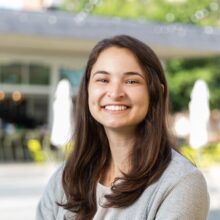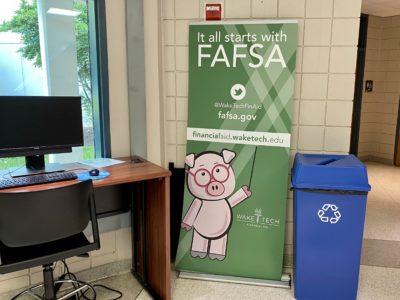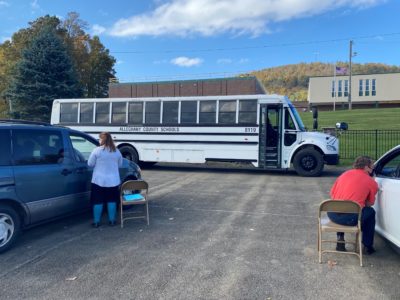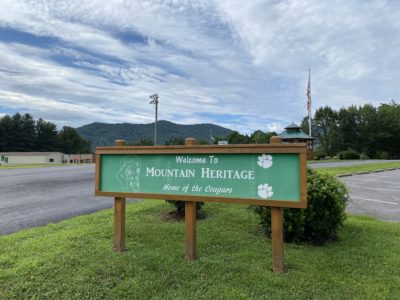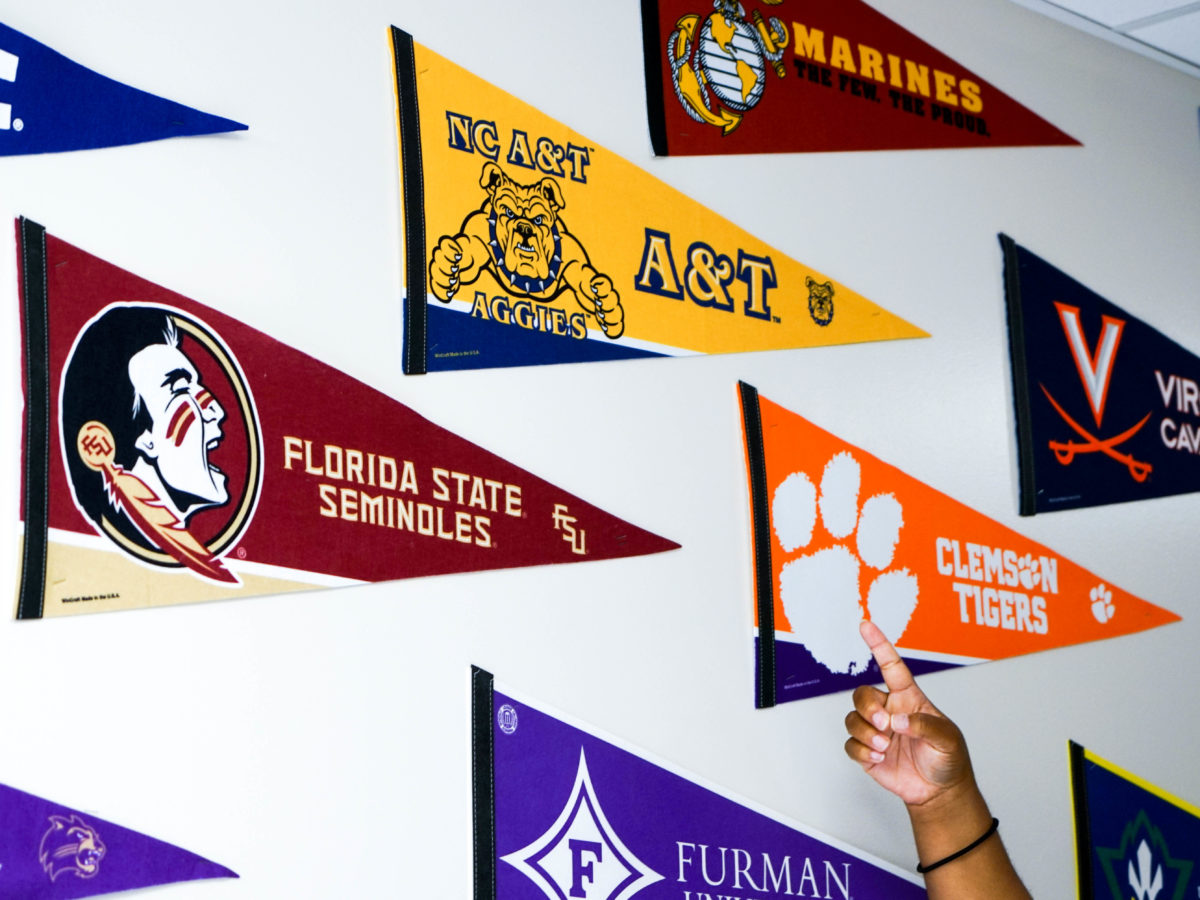

|
|
In September, Statesville High School was awarded an innovation grant from myFutureNC for “innovative strategies to boost their FAFSA completion rate for their senior class” during the 2020-2021 school year. Completing the FAFSA, or Free Application for Federal Student Aid, is necessary for prospective college students to receive financial aid. Learn more about the FAFSA here.
Five schools were awarded innovation grants. The other four are:
- Mountain Heritage High School (Yancey County Schools).
- North Lenoir High School (Lenoir County Public Schools).
- Person High School (Person County Schools).
- South Granville High School (Granville County Schools).
Statesville High School faced many challenges during the 2020-2021 school year. Like all high schools across North Carolina, students and educators had to adjust quickly to virtual learning due to COVID-19. Despite these challenges, Statesville High School grew their FAFSA completion rate by 11.3% for their senior class.
What worked?
Repetition is key to success, according to 12th grade school counselor Leslie Rucker. Many of the students Rucker worked with were hit particularly hard economically by the pandemic.
When school went virtual, they didn’t have requirements to be present in live classes. They just had to log on to complete assignments.
Several students took the newfound flexibility in their schedules to go work and support their families. Rucker found the only way to successfully reach these students was to contact them repeatedly and consistently.
“Their employer didn’t care that they were virtual. They just thought that they could get the work done at any time, and they were working them during school hours,” said Rucker.
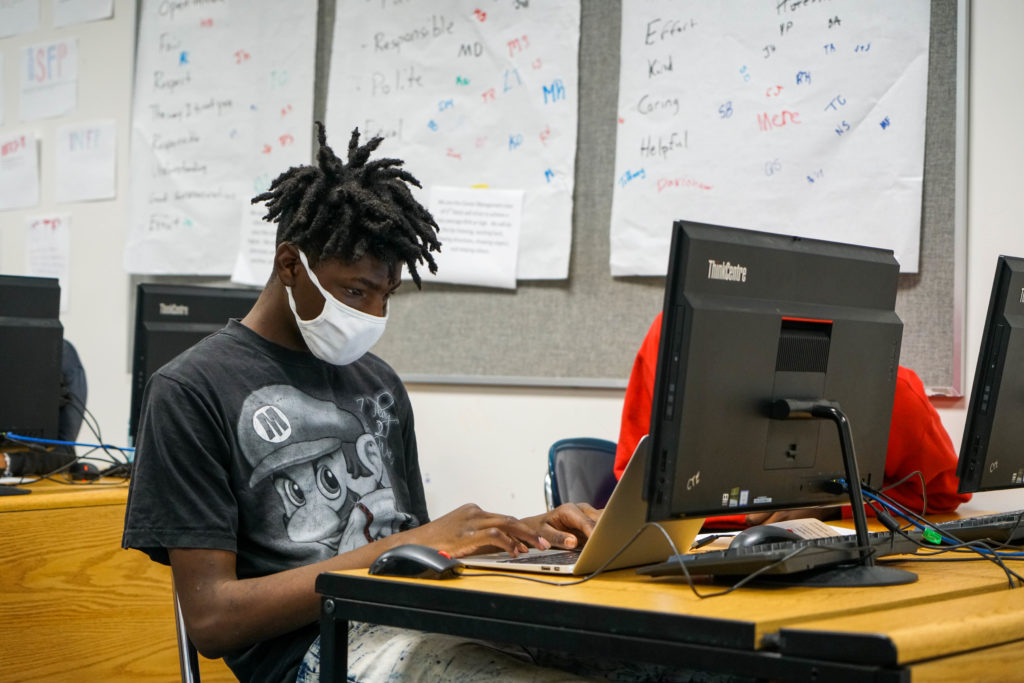

According to college advisor Rose Botaish, staying on top of outreach was another necessary component for them to connect with students and remind them of the support available to them. Texting and calling students and consistently reminding them of the resources available ultimately led to engagement.
“It was a struggle to get in contact with them,” said Botaish. “They were struggling with a lot of mental health issues, not having the support they needed.”
The high school hosted eight FAFSA events throughout the year, several in partnership with community organizations. Student turnout was best at the events held on campus, said Rucker, because that’s where students and parents feel most comfortable.
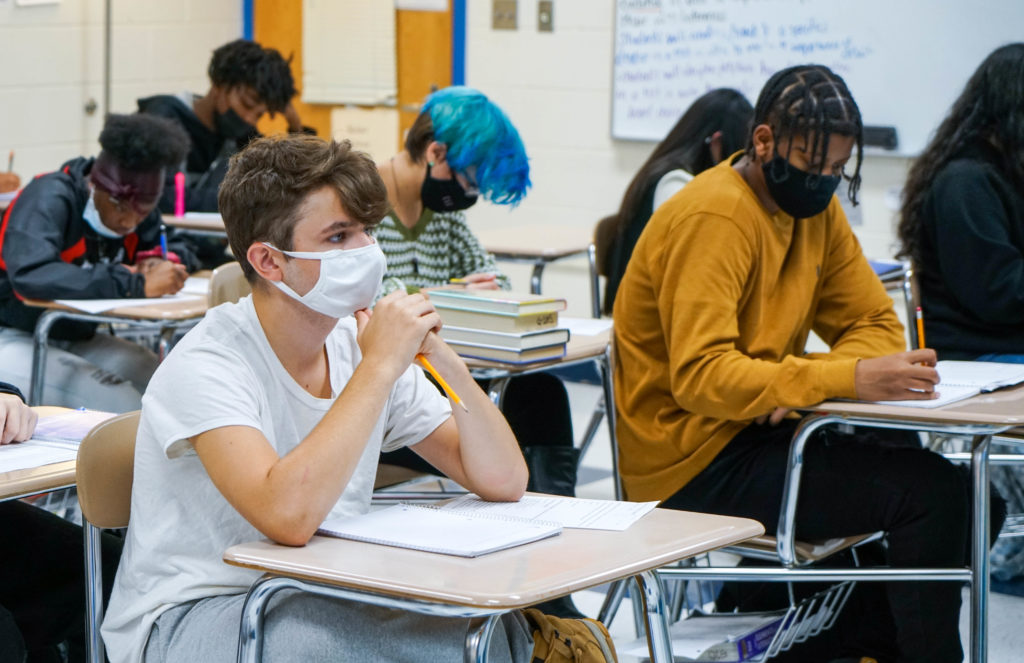

Utilizing a multilayered communication approach was also a key to the team’s success. They posted on the school’s Facebook page, sent out email newsletters, and directly called and texted both students and parents.
“We’re just making sure that we’re getting to them sooner,” said Botaish.
For this upcoming year, they have a space in the senior’s schedule called success block. It’s a 30-minute window for the counselors and advisors to work with students on college access materials. They help students complete their Residency Determination Service (RDS) forms, which can be a big roadblock for some. They use the time to talk about FAFSA, set up one-on-one appointments with students, and bring in college representatives.
Above all else, the counseling team holds on to persistence to reach their goals. Proactivity and creativity are what they come back to when they face challenges with student engagement.
The winning combination
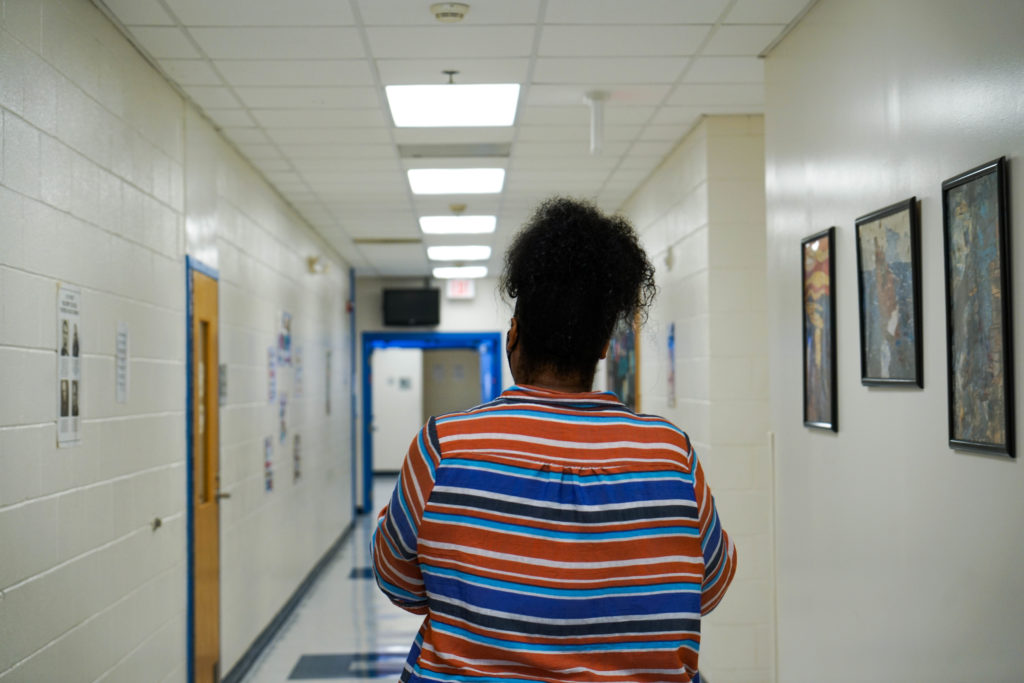

MyfutureNC looked for schools that used approaches that were innovative, student and family centered, data driven, equitable, and had a significant collective impact. The five winning schools, including Statesville High School, excelled in these areas and were able to boost their FAFSA completion rates for their senior class. In doing so, they also supported their communities in overcoming pandemic-related challenges.
“We wanted to go above and beyond just, ‘What was your completion rate?’ What were the ways in which you went about that? Did you try something new that’s never been done before? Was it data driven? How did you use qualitative or quantitative data to help?” said Cris Charbonneau, director of advocacy and engagement at myFutureNC.
Learn more about the myFutureNC 2021 innovative grant winners here.
